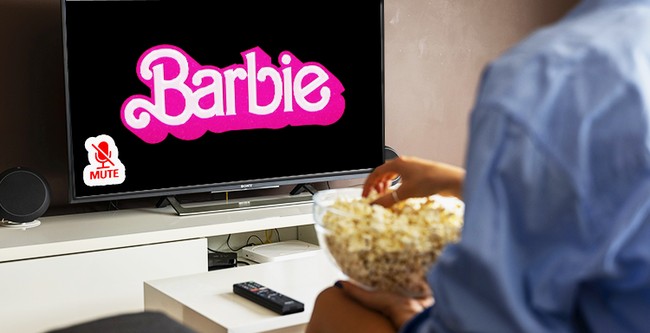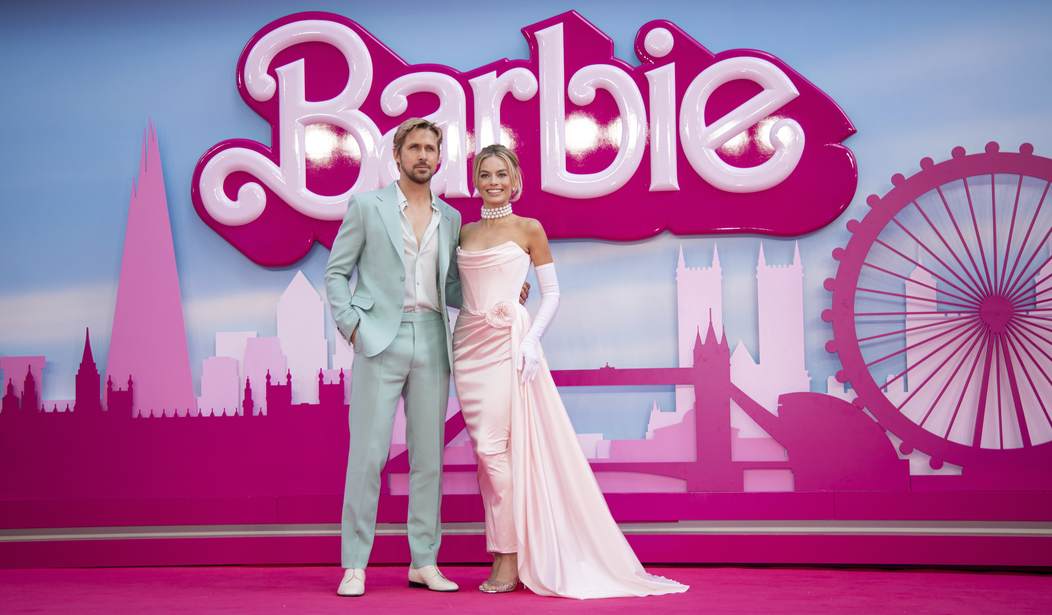This week, the nominations for the 96th Academy Awards were released, and most of the talk coming out of the announcement surrounds the top-grossing film of 2023, “Barbie.” The Academy is notorious for bypassing box office winners each year (finally bowing to complaints and expanding the Best Picture category to 10 titles) but this film drew eight nominations, including one of those expanded slots for the top prize.
But this was not enough. What has voices in the industry and the Hollywood press howling in melodramatic fashion is that star Margot Robbie and director Greta Gerwig were snubbed in their categories. There is some validity to this reaction, at least in the case of Gerwig; it is normally the case when a film is up for Best Film and Screenplay that the director is also recognized. (These ladies were not bypassed entirely, as Robbie is included among the producers, and Gerwig co-wrote the nominated screenplay.)
The detail that has led to pyrotechnics in the studio system is that the film's co-star, Ryan Gosling, was nominated for Best Supporting Actor, and this has all the makings of a story fabricated in that industry. Specifically, it seems to mirror that very script penned by Gerwig. The primary message in the film was that of addressing patriarchy and how men dominate and subjugate women in society, and now we see this concept writ large, as the man from this feminist polemic is rewarded while the ladies are seemingly shunted aside.
The reactions throughout the industry have been precious, as few have been able to resist this made-for-outrage plotline – The Oscars awarded only the Man for the film that takes on the systemic sexism in America! For his part, Gosling was boxed in and displayed appropriate contrition over the perceived snubs, after he was nominated for his role as Ken in the film. “No recognition would be possible for anyone on the film without their talent, grit and genius. To say that I’m disappointed that they are not nominated in their respective categories would be an understatement.”

The reactions are the kind of posturing you expect – or maybe do not expect. Hillary Clinton, for one, felt the need to weigh in on the matter. At the Hollywood Reporter, while compiling a number of the complaints, writer James Hibberd noted a few contrarian comments, and had to label those as needed: “Some right-wingers seemed to celebrate the snubs.” (I double-checked; nobody complaining about the snubs was seen as a “left-winger,” so those must be people with the “proper” reaction.)
At CNN, film and opinion writer Sara Stewart is enraged by the nomination omissions. That is not me exaggerating – it is right there in her headline. Stewart goes on about the injustice of it all, and even feels the need to inject her socio-political critique as well. (Who didn’t love the movie, besides reactionary right-wing dorks?), and therein lies the major disconnect in all of this mewling about misogyny. Writes Stewart:
It’s a forehead-slapping pair of snubs that perfectly reflect the movie’s central premise: Patriarchy is baked into every aspect of our culture, and it’s exhaustingly hard for women to get a fair shake.
Unsurprisingly from the Hollywood set and the entertainment press, this is projection of the highest order. Hollywood is the one exhibiting the problem, but the attempt is to turn this onto the rest of the country. Note in my opening sentence I mentioned the film was the top money-maker in the country. “Barbie” hauled in well over $600 million domestically and nearly cleared $1.5 billion in global receipts. People (except for “right-wing dorks”) embraced this movie and its message. If this was such a sexist nation the movie would have bombed.
The sexism rests with Hollywood, and I’ll demonstrate this with a time-honored male practice – looking at the stats. This year, the Oscars have a little wiggle room, in that three of the films up for Best Picture have female directors, but in the Best Director segment, only French filmmaker Justine Triet is nominated. She stands as only the eighth female to receive a nod in this category.
It took almost 50 years for the first woman to be named as a directing nominee — Lina Wurtmuller in 1977 — and then 17 years lapsed before the second was ever chosen. It was not until Kathryn Bigelow won for “The Hurt Locker” in 2010 that a female was awarded the trophy. Since then, two others have been feted, but Hollywood is far from seeing a fix.
At San Diego State University, they produce an annual study of Hollywood regarding the employment of women in films and television. Its report on “The Celluloid Ceiling - 2023” shows that of the top 250 films last year according to gross box office, only 16 percent of those titles were made by female directors, and when looking at the top 100 films, that figure drops to 14 percent. Taking into account the positions of director, writer, producer, editor, cinematographer, and executive producer the number only clicks upward to 22 percent for the top 250 movies, and 21 percent in the top 100.
So keep this in mind next time you are ignoring a stern lecture from Hollywood on the sexism in our country. They need to fix things in their studio system before dictating to the rabble in studio apartments how to comport themselves socially.















Join the conversation as a VIP Member